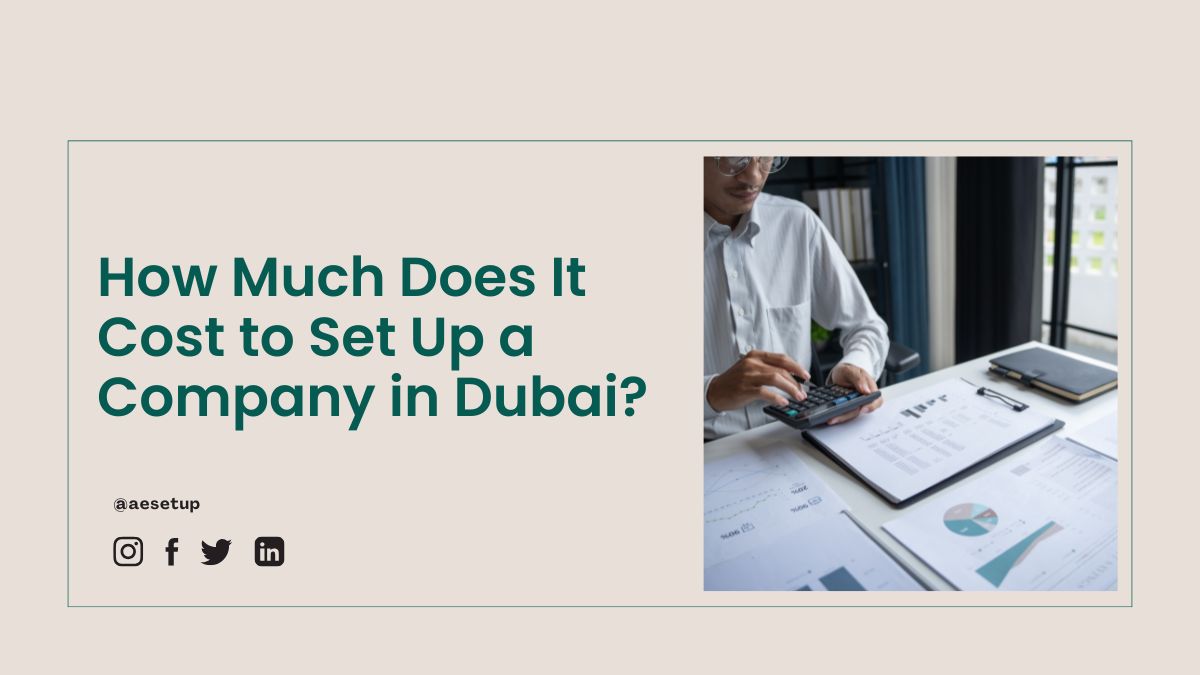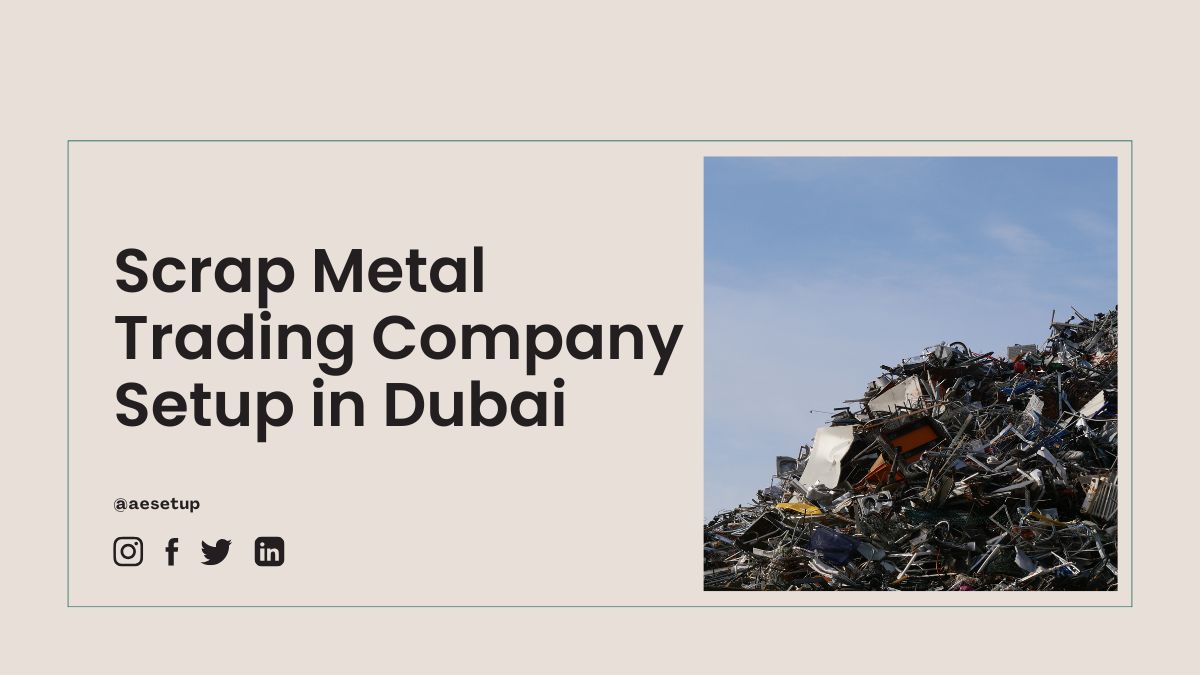Dubai, a shimmering gem in the United Arab Emirates (UAE), has transformed into a global business hub. Its strategic location, tax advantages, and world-class infrastructure make it an irresistible destination for entrepreneurs looking to start a business in Dubai. Whether you’re a seasoned investor or a first-time founder, this guide will walk you through the process, benefits, visa types, required documents, licensing options, and costs involved in setting up your venture in this dynamic city.
With a population of over 3 million and a skyline dotted with architectural marvels, Dubai offers a blend of opportunity and innovation. Starting a business here means tapping into a market that bridges East and West, supported by a government eager to attract foreign investment. Let’s dive into everything you need to know to launch your entrepreneurial journey in Dubai.
Why Start a Business in Dubai?
Dubai’s appeal lies in its business-friendly environment and forward-thinking policies. The city’s economy thrives on trade, tourism, real estate, and technology, offering endless possibilities for growth. Below, we explore the key benefits of choosing Dubai as your business base.
Benefits of Starting a Business in Dubai
Strategic Location
Dubai’s position between Europe, Asia, and Africa makes it a gateway to global markets. With top-notch airports and seaports, businesses can easily import, export, and connect with clients worldwide, boosting trade opportunities.
Tax Advantages
The UAE offers a tax-friendly environment with no personal income tax and a low 9% corporate tax rate. Free Zones provide 0% tax under specific conditions, allowing entrepreneurs to maximize profits and reinvest in their ventures.
100% Foreign Ownership
Since 2021, foreign investors can own 100% of their businesses in most sectors. This eliminates the need for a local sponsor in many cases, giving you full control over your company in Dubai.
World-Class Infrastructure
Dubai boasts modern roads, advanced telecom systems, and cutting-edge facilities. This infrastructure supports seamless operations, from logistics to digital services, making it easier to start a business in Dubai efficiently.
Ease of Doing Business
Ranked among the top 20 globally for ease of doing business, Dubai simplifies company setup with streamlined processes. Online platforms and government support reduce bureaucratic hurdles for new entrepreneurs.
Access to Diverse Markets
Dubai’s multicultural population and trade links provide access to diverse consumer bases. Businesses can cater to local, regional, and international markets, enhancing growth potential across industries.
Free Zone Benefits
Over 40 Free Zones offer perks like tax exemptions, no customs duties, and simplified regulations. These zones cater to specific industries, making them ideal for startups and niche businesses in Dubai.
Thriving Economy
Dubai’s economy is robust, driven by sectors like tourism, real estate, and finance. This stability ensures a supportive environment for new businesses to flourish and scale rapidly.
Skilled Workforce
The city attracts talent from around the world, offering a pool of skilled professionals. Entrepreneurs can hire experts in various fields, ensuring their business thrives with top-tier human resources.
Government Support
The UAE government actively encourages entrepreneurship through incentives and programs. Initiatives like the Dubai Economic Agenda (D33) aim to double the economy by 2033, fostering a pro-business climate.
Understanding Business Visas in Dubai
To legally operate and reside in Dubai while managing your business, you’ll need a visa. The UAE offers several visa types tailored to entrepreneurs and their teams. Here’s a breakdown of the options available when you start a business in Dubai.
Types of Business Visas
Investor Visa
This visa is for entrepreneurs investing in a Dubai business. It’s valid for 2-3 years, renewable, and requires proof of investment (e.g., AED 72,000+ in Free Zones), offering residency and business management rights.
Partner Visa
Designed for business partners or co-owners, this visa lasts 2-3 years. It requires a partnership agreement and proof of ownership, allowing you to live and work in Dubai while overseeing operations.
Employment Visa
For employees hired by your Dubai company, this visa is valid for 2 years. The business owner sponsors it, requiring a labor contract, medical tests, and Emirates ID registration for legal work status.
Freelance Visa
Perfect for solo entrepreneurs or consultants, this 2-year visa is offered in certain Free Zones. It requires a professional license, proof of qualifications, and a small capital amount to operate independently.
Golden Visa
A prestigious 5-10 year residency option for investors or high achievers. Eligibility includes significant investments (e.g., AED 2 million in property) or exceptional contributions, offering long-term stability in Dubai.
Documents Required to Start a Business in Dubai
Setting up a business in Dubai requires specific paperwork to comply with local regulations. The exact documents depend on your business type and jurisdiction (Mainland or Free Zone). Here’s a comprehensive list to get you started.
- Passport Copies: Valid passport copies of all shareholders, directors, and managers are mandatory. These prove identity and are required for visa and licensing processes in Dubai.
- Business Plan: A detailed plan outlining your business activities, goals, and financial projections. This is often required by Free Zone authorities or the Department of Economic Development (DED).
- Trade Name Reservation: Proof of your approved company name from the DED or Free Zone authority. The name must be unique, avoiding religious or offensive terms.
- Memorandum of Association (MOA): A legal document for LLCs or partnerships detailing ownership and operational rules. It must be notarized and submitted during registration.
- Tenancy Contract: A registered lease agreement for your business premises, certified via Ejari in Dubai. This proves you have a physical address as required by law.
- Initial Approval Receipt: A document from the DED or Free Zone confirming no objection to your business setup. It’s a prerequisite for obtaining your trade license.
- Local Sponsor Agreement: For Mainland businesses, an agreement with a UAE national sponsor (if applicable). This outlines their role, often as a silent partner with a fee.
- Visa Application Forms: Completed forms for investor, partner, or employee visas. These include personal details and are submitted with supporting documents like photos and medical reports.
- Bank Reference Letter: A letter from your bank verifying your financial standing or that of your shareholders. Some Free Zones require this for credibility.
- Additional Approvals: For regulated sectors (e.g., healthcare, transport), approvals from relevant ministries. These ensure compliance with industry-specific standards in Dubai.
How to Start a Business in Dubai: Step-by-Step Guide
Launching a business in Dubai involves a clear process, whether you choose the Mainland or a Free Zone. Follow these actionable steps to turn your vision into reality and start a business in UAE successfully.
Steps to Start a Business in Dubai
Choose Your Business Activity
Identify the specific goods or services your company will offer. This determines your license type and ensures compliance with Dubai’s approved economic activities list.
Select a Jurisdiction
Decide between Mainland, Free Zone, or Offshore setups. Mainland allows local trading, while Free Zones offer tax benefits; Offshore suits international operations without a UAE base.
Pick a Company Name
Choose a unique name adhering to UAE naming rules—no offensive or religious terms. Reserve it through the DED or Free Zone authority for approval.
Determine Legal Structure
Select a structure like LLC, Sole Proprietorship, or Branch based on ownership and liability needs. This impacts regulations and setup costs in Dubai.
Apply for Initial Approval
Submit your business plan and documents to the DED or Free Zone for initial approval. This confirms the government has no objection to your venture.
Secure an Office Space
Rent or buy a physical address meeting DED or Free Zone requirements. Register the tenancy contract via Ejari for Mainland businesses in Dubai.
Obtain Necessary Approvals
For specialized activities (e.g., education, healthcare), get approvals from relevant authorities. This ensures your business meets sector-specific standards.
Submit Documents and Fees
Provide all required paperwork and pay registration fees to the DED or Free Zone. Fees vary by jurisdiction and business type.
Receive Your Trade License
Once approved, collect your trade license from the issuing authority. This legal document authorizes you to operate your business in Dubai.
Open a Bank Account
Set up a corporate bank account with a local or international bank in Dubai. Submit your license, MOA, and passport copies to finalize this step.
Types of Licenses in Dubai
Every business in Dubai needs a license to operate legally. The type depends on your activities and location. Here’s an overview of the main licenses available when you start a business in Dubai.
Types of Licenses
Commercial License
For trading activities like retail or wholesale, this license suits import-export or goods-based businesses. It’s issued by the DED or Free Zone and covers multiple trade activities.
Professional License
Ideal for service providers like consultants, lawyers, or artisans. This license, available in Mainland or Free Zones, focuses on expertise-driven businesses in Dubai.
Industrial License
For manufacturing or production companies, this license allows factory setups. It requires additional approvals for safety and environmental compliance from relevant authorities.
Tourism License
Covers travel agencies, tour operators, or hospitality businesses. Issued by the DED or Free Zones, it taps into Dubai’s booming tourism sector with specific regulations.
Freelance License
A cost-effective option for independent professionals in Free Zones. It allows solo entrepreneurs to offer services like design or writing with minimal setup costs.
Cost of Starting a Business in Dubai
The cost to start a business in Dubai varies based on jurisdiction, license type, and additional needs like visas or office space. For a basic Mainland setup, expect AED 15,000-30,000, including license and registration fees. Free Zone costs range from AED 12,500-25,000, often with flexi-desk options. Additional expenses like visas (AED 3,000-5,000 each) and rent (AED 5,000+/month) can increase the total to AED 20,000-50,000 depending on your scale and requirements.
Conclusion: Setting Up Your Business in the UAE
Starting a business in Dubai is a rewarding venture, blending opportunity with practicality. From tax benefits to a streamlined setup process, the UAE offers an unmatched environment for growth. Whether you opt for Mainland flexibility or Free Zone perks, careful planning and compliance are key. With this guide, you’re equipped to navigate the journey, turning your entrepreneurial dream into a thriving reality in Dubai’s vibrant economy.

















